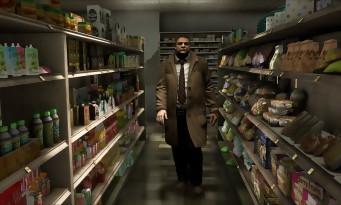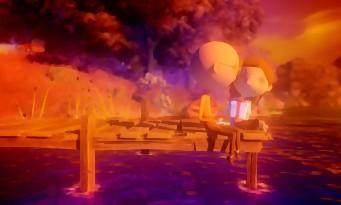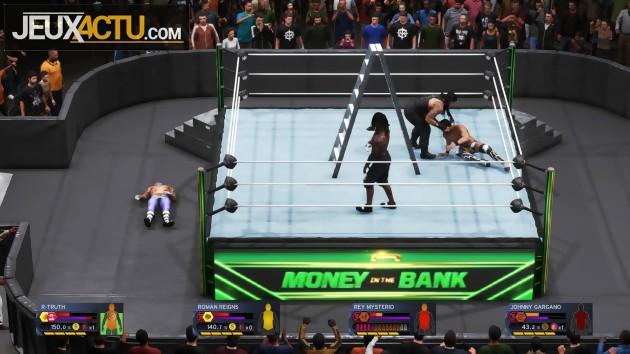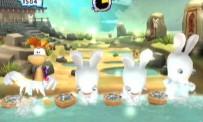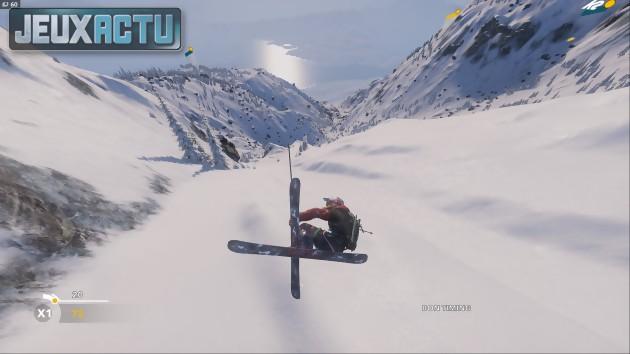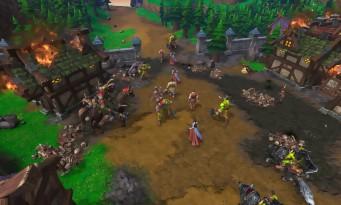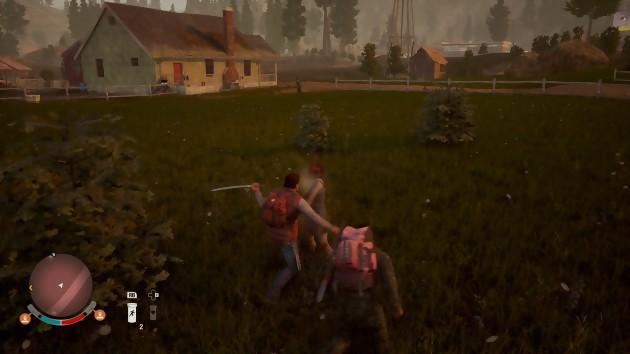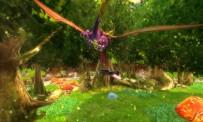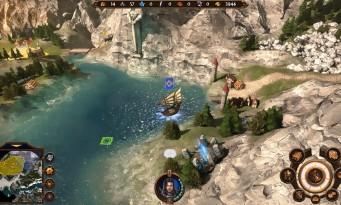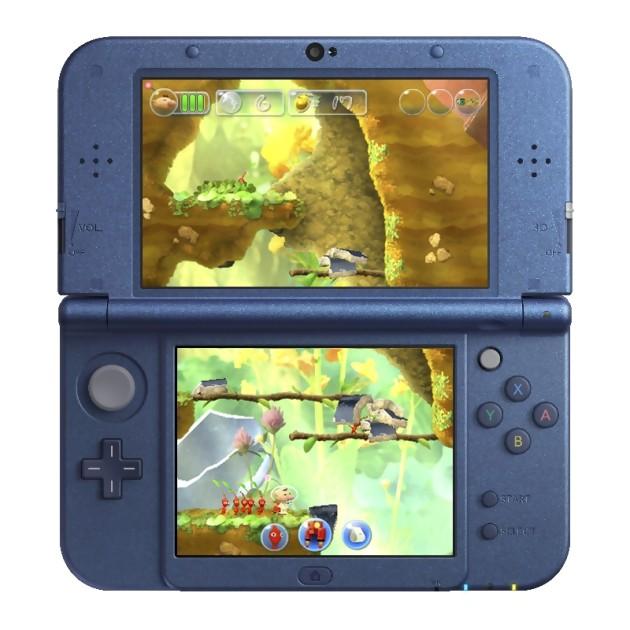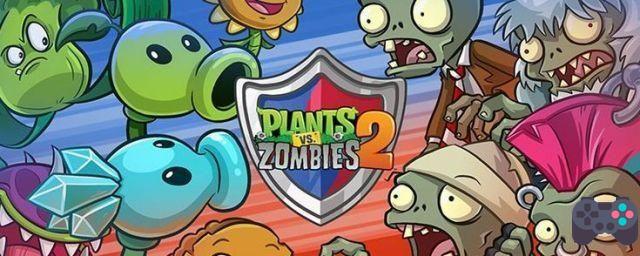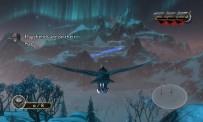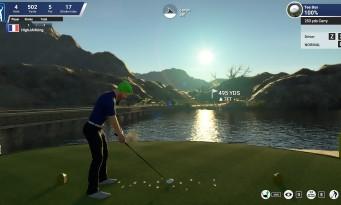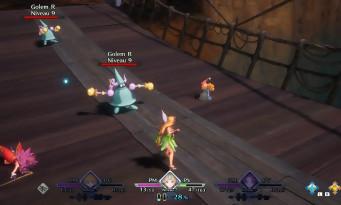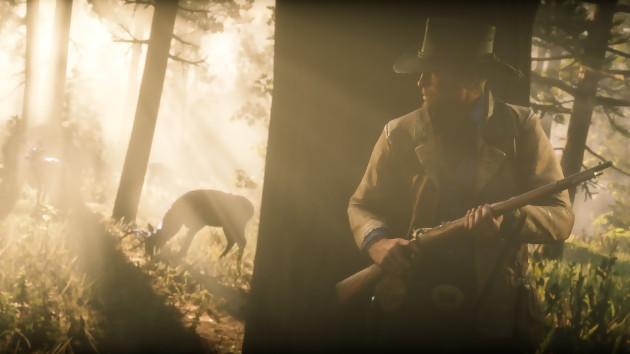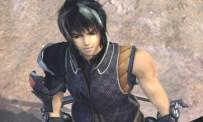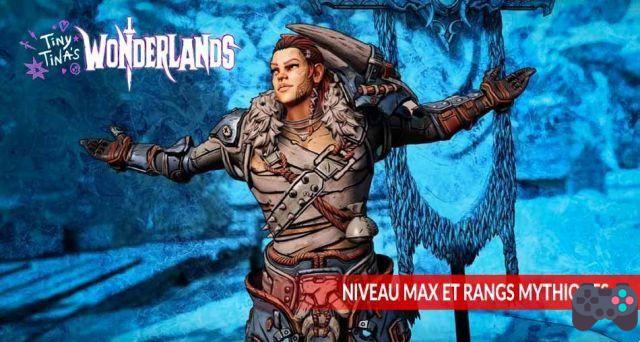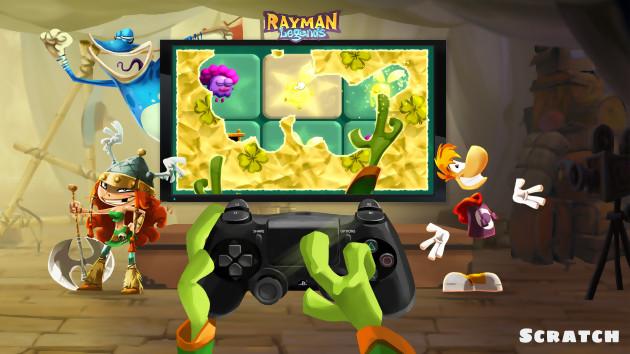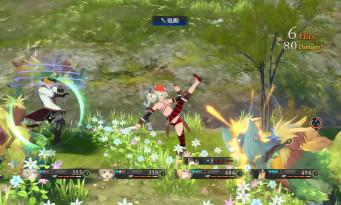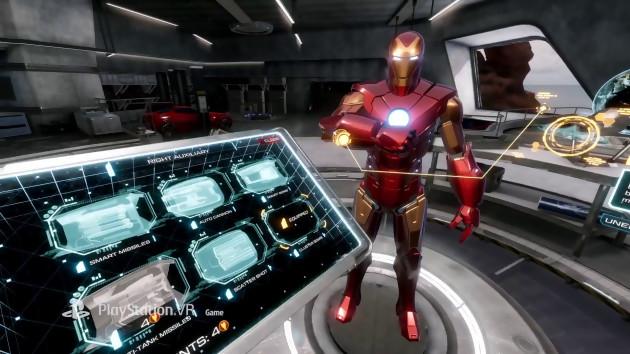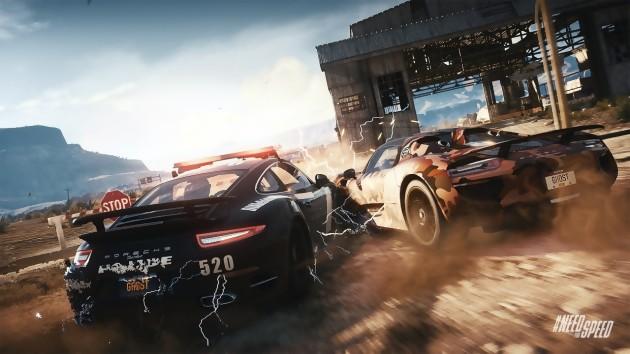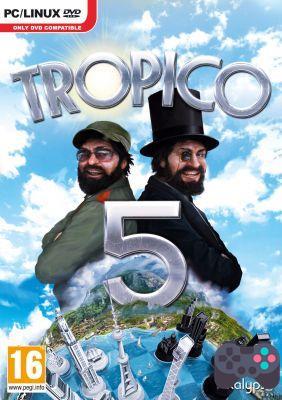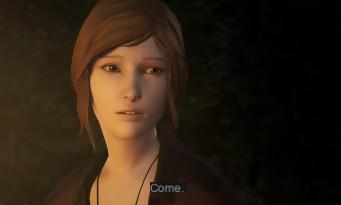 In Life is Strange: Before The Storm, exit Maxine Caulfield since the player embodies this time Chloé Price, the best friend of the former heroine. Remember, in the first opus, Max returned to Arcadia Bay and found his girlfriend. The episode Before The Storm will therefore tell us about the events that took place during his absence. From the outset, we take in hand a Chloé Price completely lost between the tragic disappearance of her father and the departure without news of her best friend Max Caulfield. At home, things are even worse with a conflict between the heroine and her mother who is trying to rebuild her life with David Madsen, also met in the previous episode. Things aren't going well academically either, with Blackwell Academy not really being our heroine's favorite hangout. In short, you will have understood, the character embodied by the player is radically different from the first opus of the game, and the way of playing will also be completely transformed.
In Life is Strange: Before The Storm, exit Maxine Caulfield since the player embodies this time Chloé Price, the best friend of the former heroine. Remember, in the first opus, Max returned to Arcadia Bay and found his girlfriend. The episode Before The Storm will therefore tell us about the events that took place during his absence. From the outset, we take in hand a Chloé Price completely lost between the tragic disappearance of her father and the departure without news of her best friend Max Caulfield. At home, things are even worse with a conflict between the heroine and her mother who is trying to rebuild her life with David Madsen, also met in the previous episode. Things aren't going well academically either, with Blackwell Academy not really being our heroine's favorite hangout. In short, you will have understood, the character embodied by the player is radically different from the first opus of the game, and the way of playing will also be completely transformed.
I BROKEN YOU!
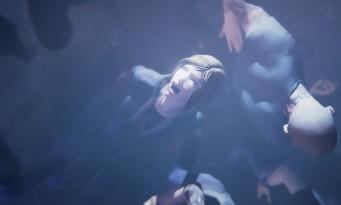 Without spoiling the scenario too much, know that this episode will mainly focus on the birth of the friendship between Chloe and Rachel Amber, the girl who disappeared from the first episode. Unfortunately, with the absence of Max Caulfield, we also lose one of the most interesting aspects of the gameplay, namely the ability to go back in time to modify certain key events. As a good teenager in the midst of a crisis of rebellion, Chloé still has certain capacities, including that of being able to show stubbornness and insolence. During the dialogues, several choices are always available, including a particularly insolent one which will launch a verbal contest. This system is based on the rapid choice of answers in order to "break" our interlocutor with more efficiency than Brice de Nice. Attention, to win, it will be necessary to chain 4 correct answers, while depending on the opposition, the score will be modified. For example, if the bouncer at a concert needs to shut us down three times in a row to win the game, Principal Wells of Blackwell Academy will only need to blow our noses once to win. Basically, to score points in this verbal contest, you just have to choose the answer most related to the previous invective of the interlocutor's note. If the system is not devoid of interest in itself, it remains a little wobbly in its implementation.
Without spoiling the scenario too much, know that this episode will mainly focus on the birth of the friendship between Chloe and Rachel Amber, the girl who disappeared from the first episode. Unfortunately, with the absence of Max Caulfield, we also lose one of the most interesting aspects of the gameplay, namely the ability to go back in time to modify certain key events. As a good teenager in the midst of a crisis of rebellion, Chloé still has certain capacities, including that of being able to show stubbornness and insolence. During the dialogues, several choices are always available, including a particularly insolent one which will launch a verbal contest. This system is based on the rapid choice of answers in order to "break" our interlocutor with more efficiency than Brice de Nice. Attention, to win, it will be necessary to chain 4 correct answers, while depending on the opposition, the score will be modified. For example, if the bouncer at a concert needs to shut us down three times in a row to win the game, Principal Wells of Blackwell Academy will only need to blow our noses once to win. Basically, to score points in this verbal contest, you just have to choose the answer most related to the previous invective of the interlocutor's note. If the system is not devoid of interest in itself, it remains a little wobbly in its implementation.
As a good teenager in the midst of a crisis of rebellion, Chloé still has certain capacities, including that of being able to show stubbornness and insolence.
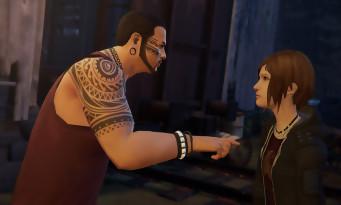 If the prospect of winning against the hard of the playground by being loudmouthed is quite plausible, it is much more difficult to believe in other cases. Try for example to agonize with insults the principal of your chest, or your hierarchical superior, in order to win your case on a divergence and you will see the results. Likewise, it's hard to imagine a concert bouncer letting you pass after being impressed by your rhetorical talent. This verbal jousting system being one of the big aspects of gameplay, it is used a little wrongly and through, which will clearly harm the immersion in certain cases where the situation becomes really not very credible. Out of this somewhat wobbly use, we find many aspects that made the success of the first opus in the series. The artistic direction is still attractive, even if the technique remains limited by the use of the Unity engine. The narration is always of high quality, and the choice of the player will always be predominant in the unfolding of the story. Many branches are possible in the scenario, and it will always be necessary to make many choices, more or less important, but without really knowing what the repercussions of our actions will be. As going back in time is no longer possible, we even find ourselves hesitating much more than in the original adventure before deciding, which gives us the feeling that the player has an even greater impact on the course. adventure.
If the prospect of winning against the hard of the playground by being loudmouthed is quite plausible, it is much more difficult to believe in other cases. Try for example to agonize with insults the principal of your chest, or your hierarchical superior, in order to win your case on a divergence and you will see the results. Likewise, it's hard to imagine a concert bouncer letting you pass after being impressed by your rhetorical talent. This verbal jousting system being one of the big aspects of gameplay, it is used a little wrongly and through, which will clearly harm the immersion in certain cases where the situation becomes really not very credible. Out of this somewhat wobbly use, we find many aspects that made the success of the first opus in the series. The artistic direction is still attractive, even if the technique remains limited by the use of the Unity engine. The narration is always of high quality, and the choice of the player will always be predominant in the unfolding of the story. Many branches are possible in the scenario, and it will always be necessary to make many choices, more or less important, but without really knowing what the repercussions of our actions will be. As going back in time is no longer possible, we even find ourselves hesitating much more than in the original adventure before deciding, which gives us the feeling that the player has an even greater impact on the course. adventure.




